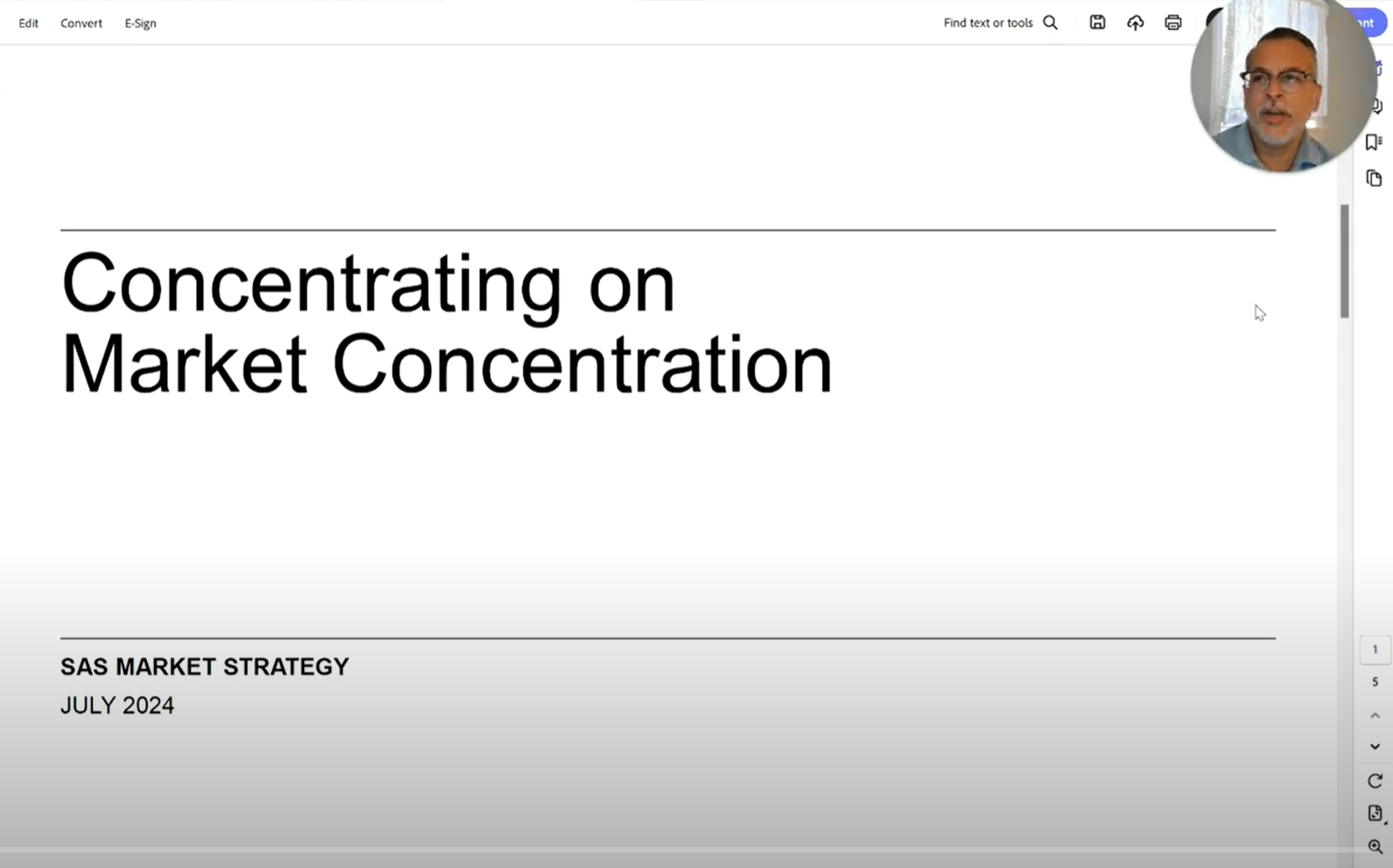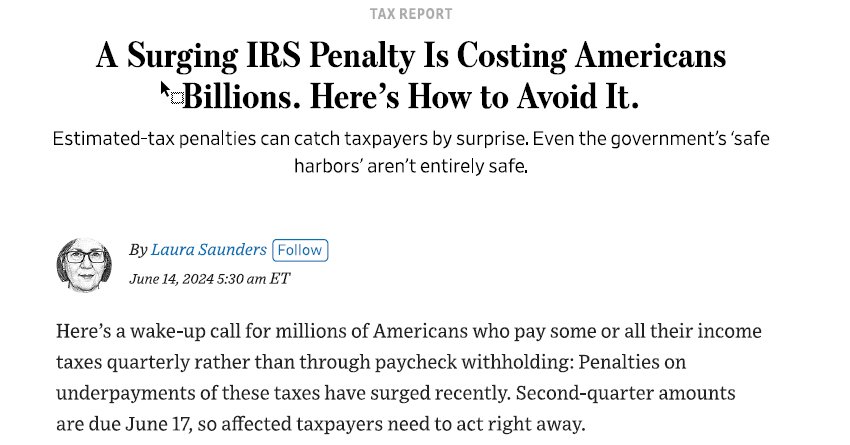Health Savings Accounts (HSAs) are the (not so new) cool account in town! It is like a Roth IRA, but for healthcare expenses. You can open and contribute to an HSA if you are enrolled in an eligible high-deductible health insurance plan. The amount you can contribute is capped each year, but any contributions grow and can be withdrawn tax-free if used for qualified medical expenses. This all sounds great, but what happens when life inevitably changes mid-year?
What if I leave my job mid-year?
Solely leaving or changing jobs mid-year does not impact your eligibility to contribute to an HSA. What matters is the type of health insurance you have throughout the year.
What if I switch health insurance plans mid-year?
If your new health insurance plan is an eligible high-deductible health plan, you can continue to make contributions to an HSA for that year. Contributions can be made either to your existing HSA or the one sponsored by a new employer.
However, if your new health insurance is not an eligible high-deductible plan, then you are able to contribute a prorated amount for the number of full months in the tax year that you were covered by an eligible high-deductible plan. If you have exceeded this amount in contributions, work with your HSA provider to withdraw the excess. Remember that employer contributions made to your HSA are included in the maximum allowable amount.
What if I leave my job mid-year and go on COBRA?
It depends – so long as the coverage provided by your COBRA coverage is an eligible high-deductible health plan, you can make contributions. However, if your COBRA coverage is not an eligible high-deductible plan, then you cannot continue to make contributions to your HSA. Note that COBRA premiums are also considered qualified medical expenses, so you can use your HSA funds to pay those premiums if needed.
What if I get my insurance on the Health Exchange?
In Massachusetts, there are no HSA-eligible health plans on the exchange.
What if I get my health insurance directly from the insurer?
So long as the plan you are enrolled in is an eligible-high-deductible plan, you can open and contribute to an HSA. Non-employer sponsored HSAs can be opened at a variety of institutions, including Fidelity.
What happens if I use my HSA funds for non-qualified medical expenses?
Withdrawals for non-qualified expenses will be reported and taxed as income, as well as be subject to a 20% penalty. If you are over the age of 65, you will report withdrawals for non-qualified expenses as income, but you will not be subjected to the penalty.
What happens to my HSA balance when I’m no longer enrolled in an eligible plan?
The balance is yours! While you cannot contribute to the HSA if not enrolled in an eligible high-deductible plan, you can continue to withdraw funds from the HSA.














